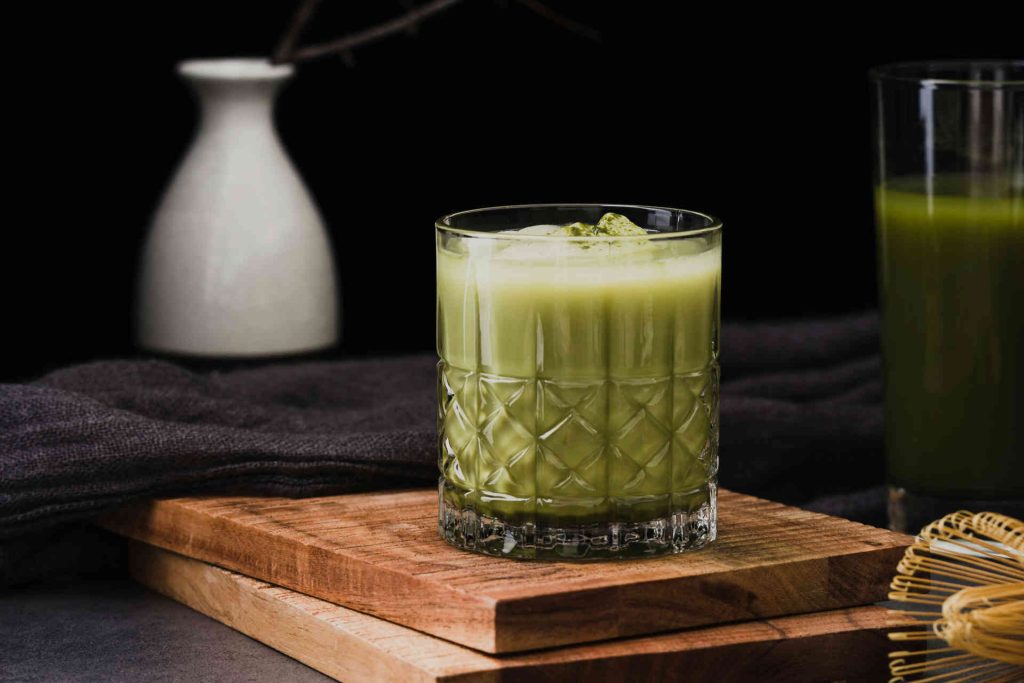
For many, coffee is an essential ritual. However, not everyone tolerates caffeine well or benefits from its short-lived energy boost. Scientific findings show that there are effective alternatives that not only promote wakefulness but also enhance concentration and mental stamina. This article explores these alternatives and why they are trending.
Whether working from home, attending long meetings, pulling extended shifts, or engaging in creative projects, our attention is constantly challenged. According to recent studies, we lose focus an average of nine times a day. The reflexive action? Coffee! With 2.25 billion cups consumed daily, it is the world’s most popular beverage. But not everyone tolerates it well: heart palpitations, nervousness, and the dreaded caffeine crash are well-known side effects. Are there alternatives that provide long-lasting energy without side effects? Yes – and they are scientifically proven!
A comprehensive study by Juice Plus+ and PureSpectrum reveals that modern life is full of distractions - people in Germany lose focus nine times a day on average, while Gen Z experiences this 11 times. The main reasons include:
Even more striking: After a distraction, it takes an average of 34 minutes to regain full focus - adding up to over five hours of lost productivity per day!
To maintain sustainable physical and mental performance, coffee is not the only solution. Scientifically backed alternatives like matcha, guarana, yerba mate, or adaptogenic formulations like Juice Plus+ Luminate offer stable, gentle focus. In an era of increasing distractions, combining smart nutrition with scientifically proven methods is crucial - for long-lasting and sustainable energy.
For the hospitality and gastronomy sectors, this presents an opportunity to introduce innovative beverages into their offerings. Providing guests with alternatives that not only energize but also promote long-term well-being is a promising direction. The demand for caffeine-free or gently stimulating drinks is growing - an exciting development for businesses that align with modern nutritional trends.

Pizza is one of those dishes that everyone has an opinion about. Almost everyone thinks they understand it—and yet a surprising number of people fail at this culinary “common property”. In Vienna and beyond, Neapolitan pizzerias are now springing up everywhere, some excellent, others whose interest in good pizza comes to an abrupt end. As we all know, quantity does not equal quality. Or, to quote Martin Albrich from the First Vienna Pizza Association: Pizza is bread. And bread forgives nothing.
The Austrian brand Kumanu shows how circular thinking can be applied in everyday life—and makes doing without plastic both practical and aesthetic. With its “Frischefritz” beeswax wraps and ‘Krümelkarl’ and “Pausenpaul” bread and snack bags, it provides the industry with a well-thought-out solution for keeping food fresh for longer – without any plastic or aluminum foil.
The products are made from GOTS-certified organic cotton, organic beeswax from Austria and Germany, and tree resin from traditional pitch production – a combination that has an antibacterial effect and guarantees natural durability.
Leonardo Hotels is expanding its commitment and turning World Cleanup Day 2025 into a European movement: Employees from 140 hotels in 12 countries are participating in cleanup campaigns – from Berlin to Bucharest, from London to Rome. Instead of a single day, the period has been extended to ten days to allow as many teams as possible to participate.


For many, coffee is an essential ritual. However, not everyone tolerates caffeine well or benefits from its short-lived energy boost. Scientific findings show that there are effective alternatives that not only promote wakefulness but also enhance concentration and mental stamina. This article explores these alternatives and why they are trending.